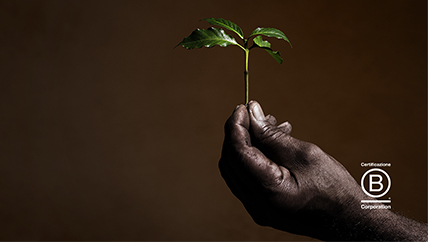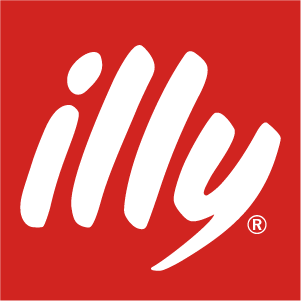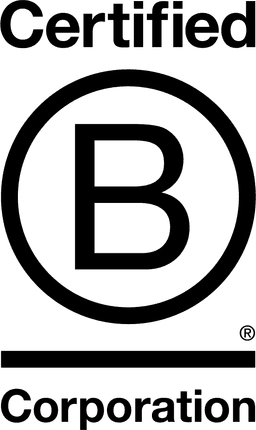

illycaffè SpA

1.6
Friuli-Venezia Giulia, Italy
March 2021
Other manufacturing
Manufacturing
Austria,
Belgium,
Brazil,
Canada,
China,
France,
Germany,
Italy,
Luxembourg,
Netherlands The,
Portugal,
Spain,
United Kingdom,
United States
illycaffè is an Italian company, founded in Trieste in 1933 with the mission to offer the best coffee to the world. illycaffè produces a unique 100% Arabica blend, selecting and combining 9 of the best varieties in the world, served in over 140 countries around the globe, in cafés, restaurants and hotels, in single-brand cafés, shops and at home. Through its innovations, the company contributes to the technological progress within the coffee sector at global level. Besides, illy is committed to share its know-how related to agronomic practices and coffee culture, supporting growers with specific training programs and paying them a premium price for the best quality coffee selected by illycaffè as well as partnerships based on the principles of sustainable development. The Company also founded the University of Coffee, whose mission is sharing culture at all levels and developing positive social change, offering a comprehensive and practical training to growers, baristas and coffee lovers as well as providing insights on every aspect of the product. Everything that is “made in illy” is about beauty and art, the founding principles of the brand, starting from its logo, designed by artist James Rosenquist, up to illy Art Collection cups, decorated by over 100 international artists.
Overall B Impact Score
Governance 17.5
Governance evaluates a company's overall mission, engagement around its social/environmental impact, ethics, and transparency. This section also evaluates the ability of a company to protect their mission and formally consider stakeholders in decision making through their corporate structure (e.g. benefit corporation) or corporate governing documents.
What is this? A company with an Impact Business Model is intentionally designed to create a specific positive outcome for one of its stakeholders - such as workers, community, environment, or customers.
Workers 23.3
Workers evaluates a company’s contributions to its employees’ financial security, health & safety, wellness, career development, and engagement & satisfaction. In addition, this section recognizes business models designed to benefit workers, such as companies that are at least 40% owned by non-executive employees and those that have workforce development programs to support individuals with barriers to employment.
Community 23.1
Community evaluates a company’s engagement with and impact on the communities in which it operates, hires from, and sources from. Topics include diversity, equity & inclusion, economic impact, civic engagement, charitable giving, and supply chain management. In addition, this section recognizes business models that are designed to address specific community-oriented problems, such as poverty alleviation through fair trade sourcing or distribution via microenterprises, producer cooperative models, locally focused economic development, and formal charitable giving commitments.
What is this? A company with an Impact Business Model is intentionally designed to create a specific positive outcome for one of its stakeholders - such as workers, community, environment, or customers.
Environment 20.5
Environment evaluates a company’s overall environmental management practices as well as its impact on the air, climate, water, land, and biodiversity. This includes the direct impact of a company’s operations and, when applicable its supply chain and distribution channels. This section also recognizes companies with environmentally innovative production processes and those that sell products or services that have a positive environmental impact. Some examples might include products and services that create renewable energy, reduce consumption or waste, conserve land or wildlife, provide less toxic alternatives to the market, or educate people about environmental problems.
Customers 5.7
Customers evaluates a company’s stewardship of its customers through the quality of its products and services, ethical marketing, data privacy and security, and feedback channels. In addition, this section recognizes products or services that are designed to address a particular social problem for or through its customers, such as health or educational products, arts & media products, serving underserved customers/clients, and services that improve the social impact of other businesses or organizations.
What is this? A company with an Impact Business Model is intentionally designed to create a specific positive outcome for one of its stakeholders - such as workers, community, environment, or customers.